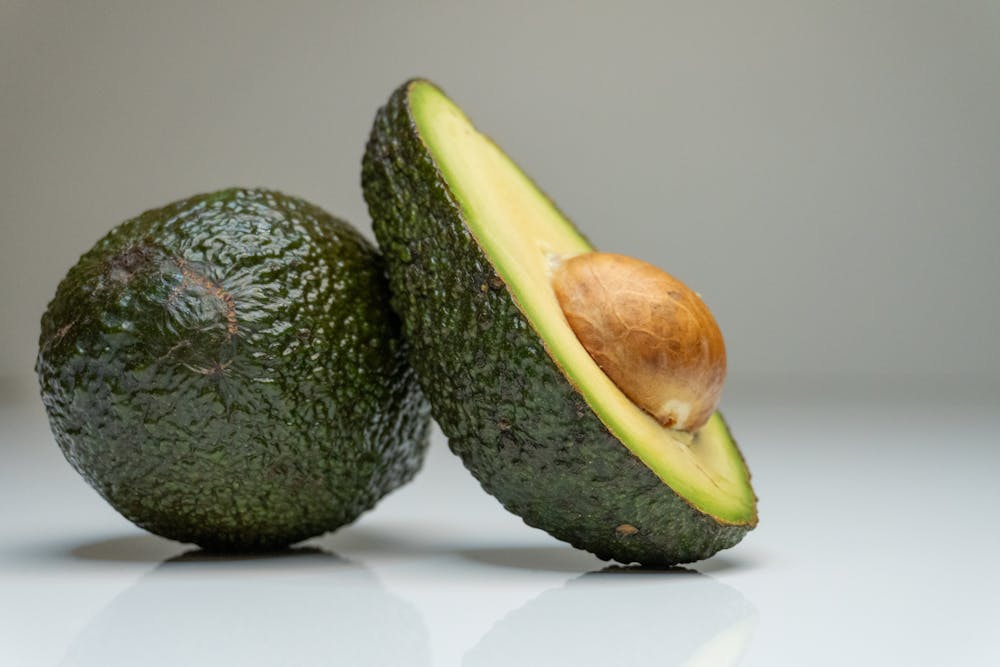As I explore the realm of nutrition and wellness, one remarkable ingredient that consistently stands out is flaxseed. Renowned for its exceptional nutritional profile, flaxseed is celebrated as a rich source of omega-3 fatty acids and numerous other health-promoting nutrients. Join me as we delve into the many benefits of flaxseed and discover why it deserves a place in our diets:
 **1. Omega-3 Fatty Acids:**
**1. Omega-3 Fatty Acids:**
Flaxseed is prized for its high content of alpha-linolenic acid (ALA), a type of omega-3 fatty acid. Omega-3 fatty acids are essential for heart health, brain function, and reducing inflammation in the body. ALA, in particular, has been associated with a lower risk of heart disease and stroke, making flaxseed an excellent addition to a heart-healthy diet.
 **2. Fiber-Rich Superfood:**
**2. Fiber-Rich Superfood:**
In addition to omega-3 fatty acids, flaxseed is an excellent source of dietary fiber, both soluble and insoluble. Fiber is essential for digestive health, regulating bowel movements, and preventing constipation. It also helps stabilize blood sugar levels, promote satiety, and support weight management. Incorporating flaxseed into your diet can help ensure you meet your daily fiber requirements.
 **3. Antioxidant Properties:**
**3. Antioxidant Properties:**
Flaxseed contains lignans, which are phytochemicals with powerful antioxidant properties. Lignans help neutralize free radicals in the body, protecting cells from oxidative damage and reducing the risk of chronic diseases such as cancer and heart disease. Flaxseed is one of the richest dietary sources of lignans, making it a valuable addition to an antioxidant-rich diet.
 **4. Versatile Culinary Ingredient:**
**4. Versatile Culinary Ingredient:**
Flaxseed can be easily incorporated into a variety of dishes, thanks to its mild, nutty flavor and versatile texture. Ground flaxseed can be sprinkled over cereal, yogurt, or salads for added nutrition and crunch. It can also be mixed into smoothies, baked goods, or homemade energy bars for a nutritional boost. Flaxseed oil, extracted from the seeds, can be used as a flavorful salad dressing or drizzled over cooked vegetables for added flavor and nutrition.
 **5. Supports Hormonal Balance:**
**5. Supports Hormonal Balance:**
Some research suggests that flaxseed may help support hormonal balance, particularly in women. The lignans found in flaxseed have phytoestrogenic properties, which may help regulate estrogen levels in the body. This could be beneficial for women experiencing symptoms of menopause, such as hot flashes, night sweats, and mood swings.
 **Incorporating Flaxseed Into Your Diet:**
**Incorporating Flaxseed Into Your Diet:**
Adding flaxseed to your daily routine is simple and convenient. Here are a few easy ways to incorporate it into your diet:
 – Sprinkle ground flaxseed over your morning cereal, oatmeal, or yogurt.
– Sprinkle ground flaxseed over your morning cereal, oatmeal, or yogurt.
– Blend flaxseed into smoothies for added fiber and omega-3 fatty acids.
– Mix ground flaxseed into pancake batter, muffin batter, or homemade granola bars for a nutritional boost.
– Use flaxseed oil as a salad dressing or drizzle it over cooked vegetables for added flavor and nutrition.
– Incorporate ground flaxseed into savory dishes such as soups, stews, or casseroles for added texture and nutritional benefits.
 As I continue to explore the nutritional benefits of flaxseed, I am continually impressed by its versatility and potential to support overall health and well-being. By incorporating flaxseed into our diets, we can nourish our bodies with essential nutrients, promote heart health, support digestive function, and enjoy delicious and nutritious meals every day.
As I continue to explore the nutritional benefits of flaxseed, I am continually impressed by its versatility and potential to support overall health and well-being. By incorporating flaxseed into our diets, we can nourish our bodies with essential nutrients, promote heart health, support digestive function, and enjoy delicious and nutritious meals every day.



